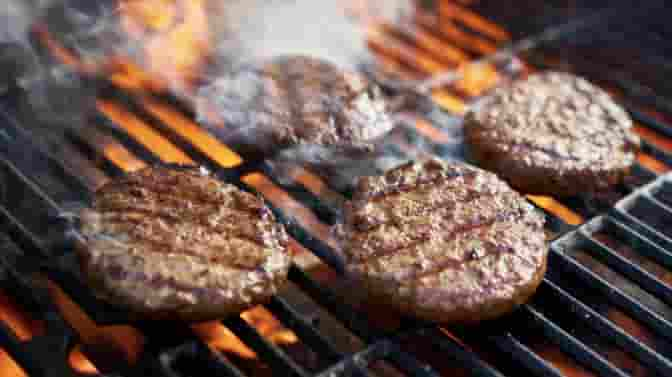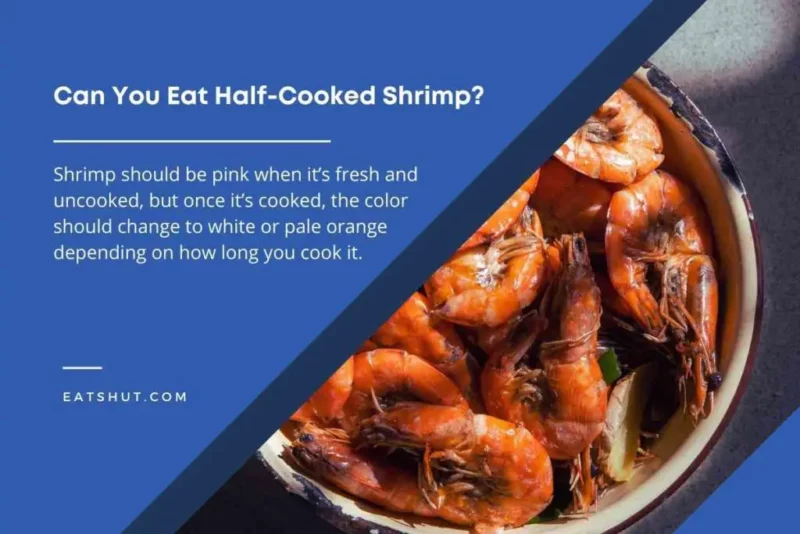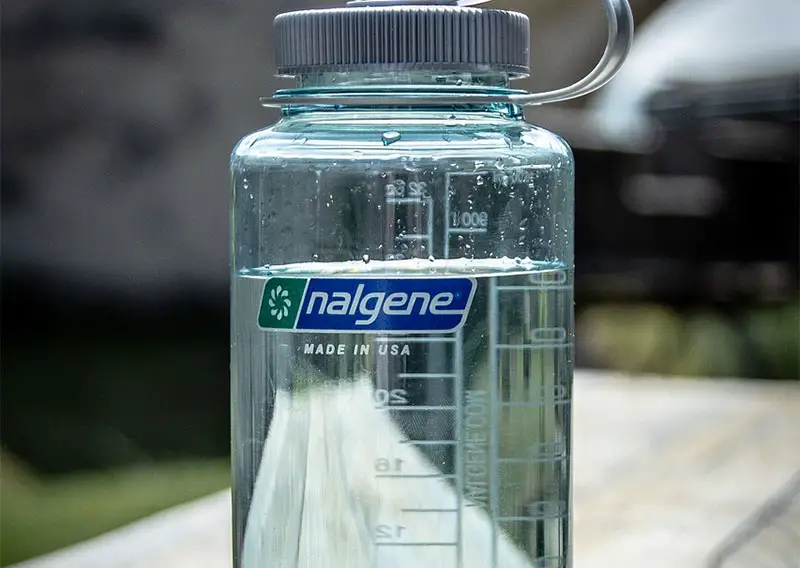Can You Freeze Cooked Chicken Curry and Rice?
Meal prepping is a great way to save time and money while ensuring that you always have a nutritious meal ready to go. But what happens when you’ve prepared too much food and don’t want to waste any of it? Can you freeze cooked chicken curry and rice? This is a common concern for those who meal prep or have leftovers, but luckily, the answer is yes! Freezing cooked chicken curry and rice is not only possible, but also an excellent way to preserve your meals for later use.
Freezing Food: What You Should Know
Before we dive into the specifics of freezing cooked chicken curry and rice, let’s talk about why freezing food can be such a great option. For starters, it’s incredibly convenient. By preparing large batches of food in advance, you’ll always have something tasty on hand without having to spend extra time in the kitchen. Plus, it can help reduce waste by allowing you to save leftovers before they go bad.
However, there are important things to keep in mind before freezing food. It’s essential to ensure that the food is stored properly so that it doesn’t lose taste or spoil over time. Here are some key tips:
- Choose appropriate containers: When storing cooked chicken curry and rice, use freezer-safe containers or resealable bags that are specifically designed for freezer storage. This will help prevent freezer burn and protect against leaks.
- Label items correctly: Always label your frozen meals with the date they were prepared. This helps you keep track of how long they’ve been stored and ensure they’re used before spoilage occurs.
- Consider portion size: Dividing your meals into smaller portions will help them freeze faster and more evenly.
How to Freeze Cooked Chicken Curry and Rice
Now that we’ve covered some basic tips for freezing food let’s dive into how to freeze cooked chicken curry and rice. Here’s a simple step-by-step guide:
- Allow the curry and rice to cool down completely before freezing.
- Transfer the curry and rice into freezer-safe containers, leaving at least half an inch of headspace to allow for expansion during freezing.
- Seal the containers tightly, removing any excess air using a vacuum sealer or by pressing out as much air as possible before sealing.
- Label each container with the date it was prepared and freeze it.
Tips for Thawing Frozen Chicken Curry and Rice
Before you can enjoy your frozen meals, you’ll need to thaw them properly first. However, it’s important to note that not all thawing methods are created equal. Here are some tips for safely thawing frozen food:
- Use the refrigerator: The best way to defrost your cooked chicken curry and rice is by transferring it from the freezer to the fridge and allowing it to thaw slowly overnight.
- Avoid high temperatures: Do not leave frozen cooked chicken curry and rice at room temperature or in hot water to thaw as this can lead to bacterial growth and food poisoning.
- Reheat immediately: Once defrosted in the refrigerator, reheat your meal immediately.
Reheating Cooked Chicken Curry and Rice from Frozen
Reheating your frozen chicken curry requires proper technique to ensure that it retains its taste, texture, moisture levels, and health benefits. Here are some helpful strategies:
- Use a microwave: The quickest way to reheat your meal is by using a microwave according to manufacturer instructions.
- Stove Top Method: Place chicken curry in a pan on low heat while stirring occasionally for even warming up.
- Watch moisture level: Be careful not overheat or dry out your dish when reheating. Consider adding more liquid if needed or covering with damp paper towel when microwaving.
Frequently Asked Questions About Freezing Meals with Chicken Curry & Rice
Can you freeze chicken curry if it has coconut milk?
Yes, you can freeze chicken curry that contains coconut milk as long as you store it properly.
Is it possible to freeze saucy curries?
Saucy curries and dishes with gravy can be more challenging to freeze due to the high water content. However, using appropriate storage techniques such as portion control, freezer-safe containers, and vacuum sealing will keep liquids from separating once they thaw.
How long can you keep chicken curry in the freezer before using it?
Cooked chicken curry and rice should be consumed within three months of freezing to ensure maximum quality. It’s essential to thaw leftover meals gradually and not rush the process or exceed recommended heating instructions provided in this article.
Conclusion
In conclusion, freezing cooked chicken curry and rice is a great way to save time, reduce food waste while ensuring that you always have a nutritious meal on hand. To optimize your results, remember to use resealable freezer bags or containers while marking clearly with date produced. Safe handling practices such as defrosting your meals appropriately will further enhance your meal experience. By following these guidelines outlined above, enjoy consistent healthy dishes free of contaminated bacteria for any time of day or night without worry about wasting food or paying absurd delivery fees!
Q&A
- Q: Can cooked chicken curry and rice be safely stored in the freezer?
- A: Yes, you can freeze cooked chicken curry and rice as long as it has been properly stored in an airtight container or freezer bag.
- Q: How long will frozen chicken curry and rice remain fresh when stored in the freezer?
- A: Frozen cooked chicken curry and rice can last up to three months when stored correctly. Be sure to label containers with the date of storage for reference.
- Q: What is the best way to reheat frozen chicken curry and rice?
- A: Defrost frozen chicken curry and rice in the refrigerator overnight before reheating it thoroughly on the stove or in a microwave. Add water or broth, if necessary, to prevent burning.
- Q: Can I add additional ingredients after freezing cooked chicken curry and rice?
- A: It’s possible to add additional ingredients after defrosting cooked chicken curry and rice, such as vegetables or spices; however, be sure to cook them thoroughly along with the frozen dish before serving to ensure safety and deliciousness!




